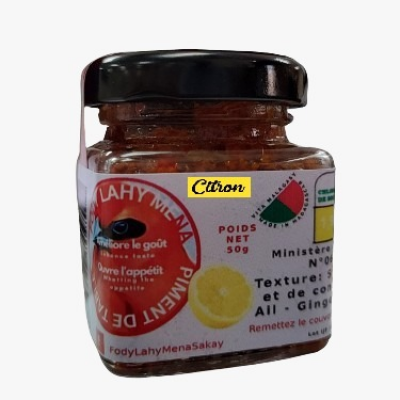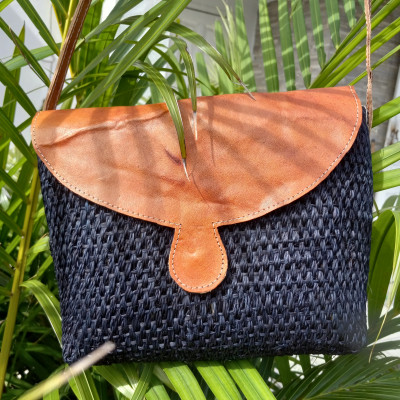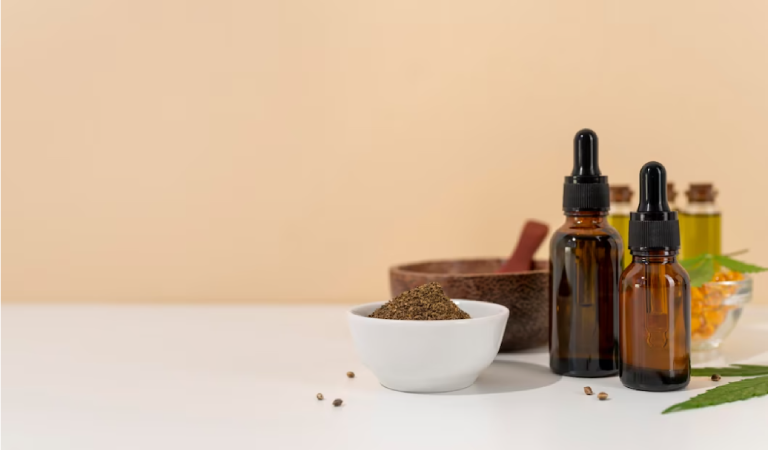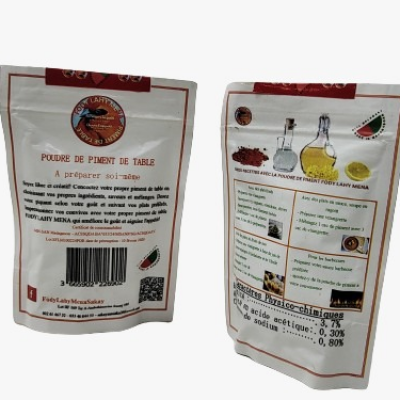
The ylang-ylang is a tree of the Annonaceae family.
The Yang Ylang, whose etymology means "flowers of flowers", is a tree with a superb inflorescence and an exceptional perfume.
It is cultivated for its flowers whose oil is extracted by distillation and used in perfumery.
The term Cananga comes from the name of the tree: kenanga
Scientific name: Cananga odorata
Benzyl Benzoate: 18.97
Methyl Benzoate: 34.00
Germacrene D: 8.15
Botanical family: Annonaceae
Distilled part: Fresh flowers
Origin: Nosy Be Madagascar
Characteristics: The essential oil of Ylang Ylang is very effective to fight against the stress and the anxiety. Ylang Ylang is known for its powerful smell.
Properties: Rich in monoterpene esters with antispasmodic effects, Ylang Ylang essential oil is traditionally used to soothe pain.
Benefits: In well-being, the essential oil of ylang-ylang is known for its properties: Calming, anti-stress, relaxing, balancing the nervous system. Tonic, intellectual and sexual stimulant. Aphrodisiac, helps to express emotions and sensuality
Cardiovascular disorders: Ylang-ylang is said to have hypotensive, calming, sedative and bradycardia properties. Thanks to its action on the sympathetic tone, the essential oil of Ylang-Ylang effectively causes a slight decrease in heart rate and blood pressure. Very effective in the event of light arterial hypertension, especially if it is related to the stress or nervousness; Regular, if you feel cardiac demonstrations when you are stressed, for example palpitations or accelerations of the heart. Uses: Stress, nervousness; anxiety; insomnia; slight tension; disturbed cardiac rhythm; blocked cardio-respiratory plexus; respiratory spasms; painful menstruation; frigidity; leucorrhoea; acne; oily skin; dull skin; dry and dull hair.
Night awakenings with anxiety: In application on the wrists and the plexus, ideally with a roll-on, diluted from 5 to 10% in a vegetable oil of your choice. It may be possible to combine it with noble chamomile and/or bergamot, taking care not to exceed a dilution of 10% maximum (beware of the risk of photosensitization of bergamot).
Overwork, irritability: In massage, diluted at 10% in a vegetable oil of your choice, or in olfaction according to the circumstances, alone or associated with the noble Chamomile.
Anxiety at work: In olfaction, a few drops on a handkerchief or in an olfactory stick.
Ajoutez votre avis
Votre adresse email ne sera pas publiée. Les champs requis sont indiqués *
Veuillez connectez-vous pour rédiger un avis !
On dirait qu'il n'y a pas encore d'avis.





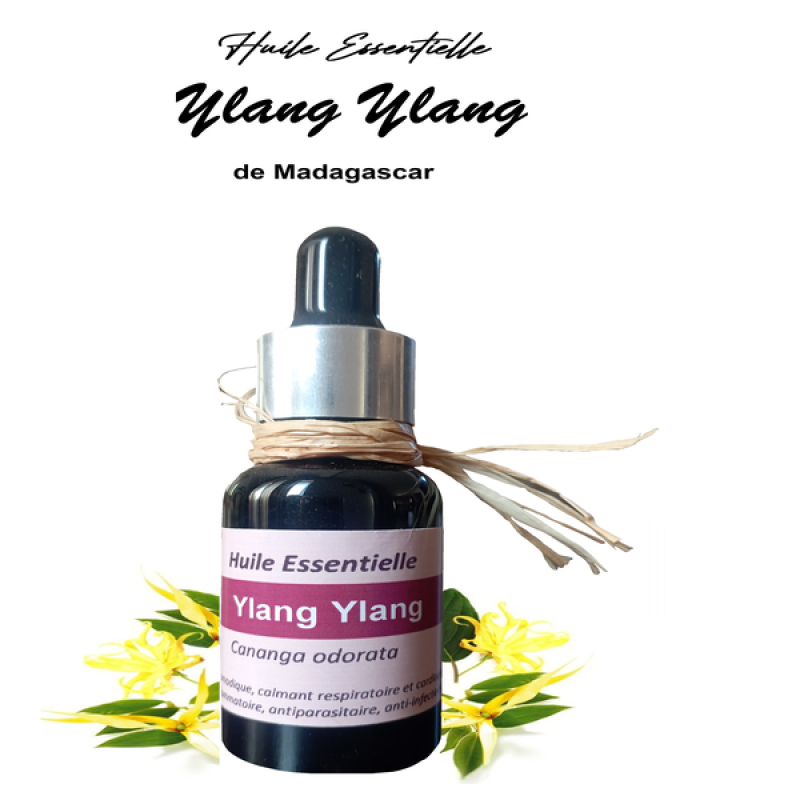
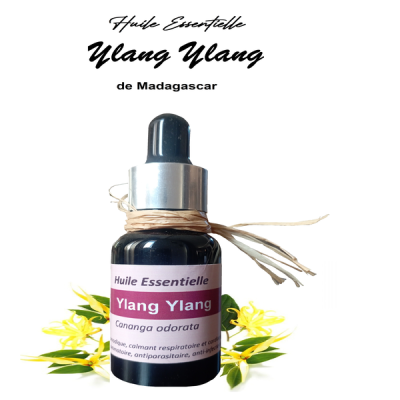
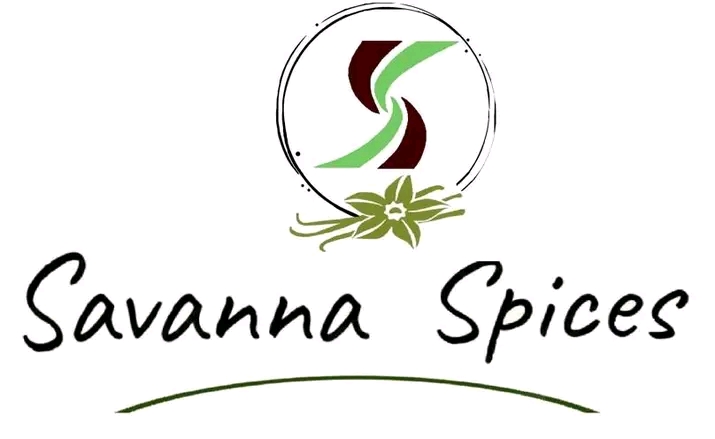

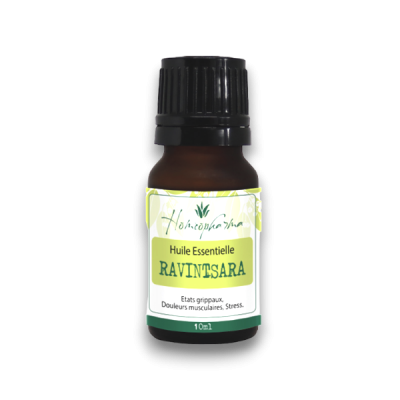
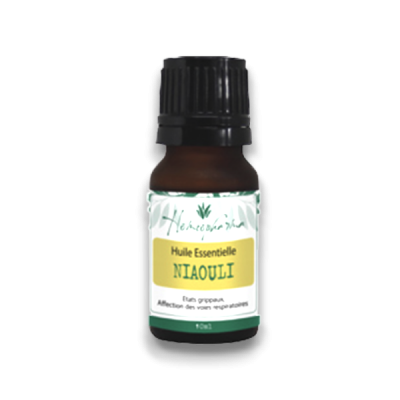
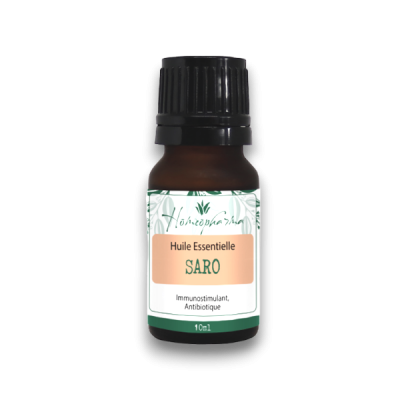
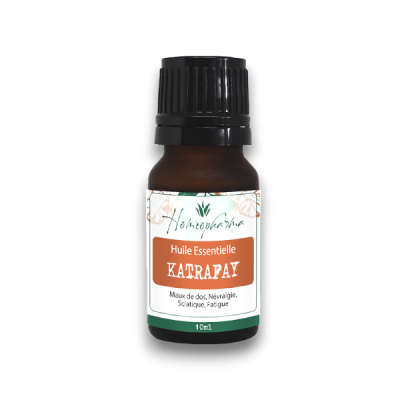
 Mode & Accessoires
Mode & Accessoires  Santé & Beauté
Santé & Beauté  Sacs
Sacs  Bijoux
Bijoux 